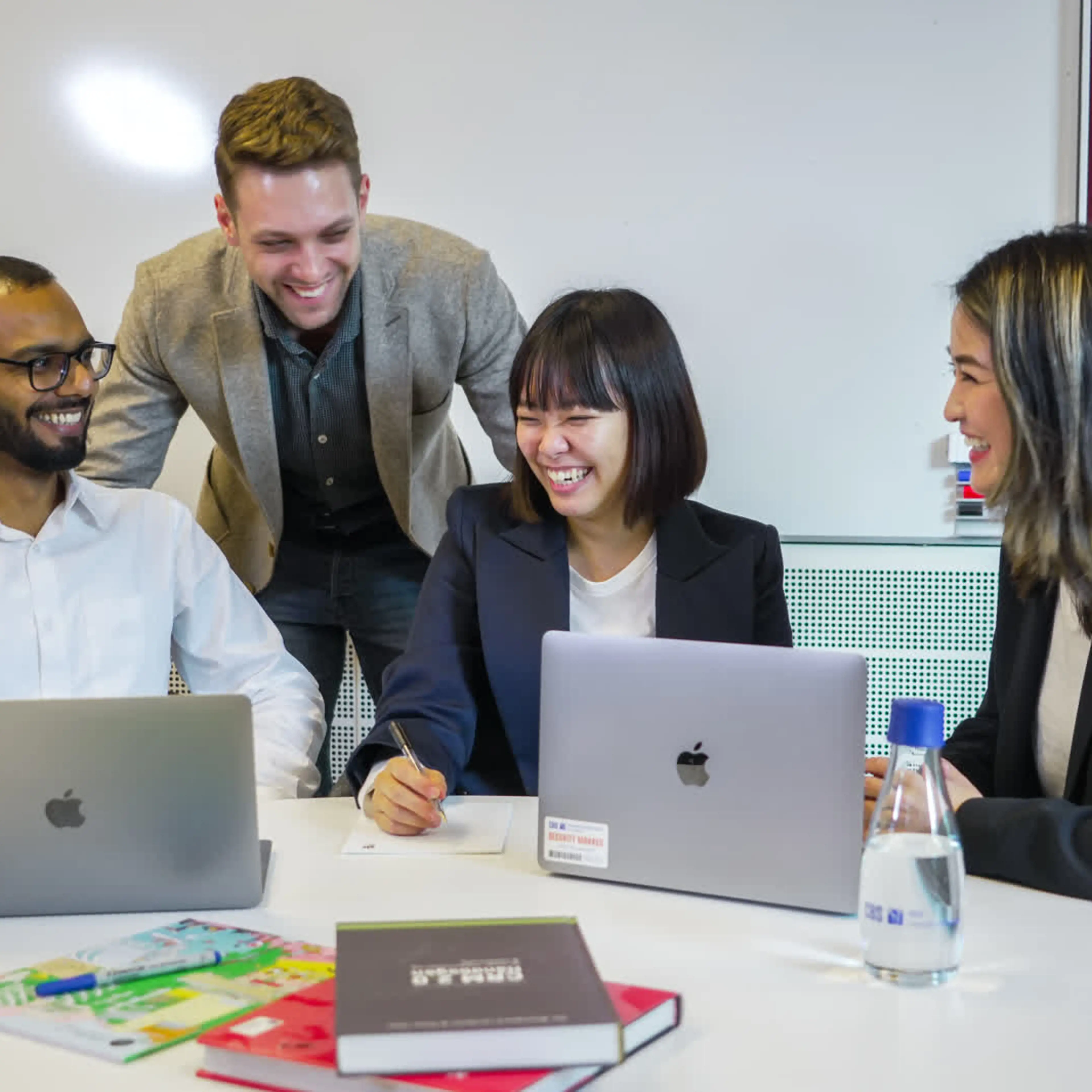With globalization happening, the concept of CSR has been evolving. It has been critically examined and discussed in the literature and it has been tested and challenged in the real world. Nowadays, CSR is a field possessing a high degree of complexity, and simply doing philanthropic activity is no longer enough. However, like the two sides of a coin, CSR also provides opportunities for us. Throughout our readings, discussions, case studies, and interactions with external experts, we MBA students have gained a multitude of knowledge in this field. My learning was greatly intensified by critical discussion where I could open myself to new perspectives and share ideas. I have learned that in the complex CSR field, there is never a single answer. We need to develop critical thinking and explore the opportunities for the evolving business we work for.
Stakes are high. The UN proposes to achieve seventeen global goals for sustainable development by 2030, and companies have started exploring the “Circular Economy”. Issues around those topics have existed for many years. Now is the time to aim big and bold. However, in reality, things are never as easy as on paper. Companies and societies are constantly struggling with issues, such as how we can avoid a false sense of sustainability aka greenwashing, what the steps are to reach the sustainable development goals, and how a company can be truly sustainable. Achieving those goals will be a long journey but working together will get us far. It is everyone’s responsibility. Everyone needs to take individual responsibility whether as a household member, an employee, or a global citizen. We all need to work together to make our home sustainable.
In our MSC class, we learn from each other, challenge each other, and listen to each other. It is a great way to understand and learn about complex issues, because we are all different and complement each other so we can achieve a 360 perspective to our thinking. In the real world, CSR is complex, and companies should learn from each other by sharing experiences, collaborating and building partnerships. Kalundborg Symbiosis is a great example, showing how it is possible to collaborate among companies. By maximizing the utilization of the present resources, these companies try to reduce industrial waste, and further reduce negative environmental impact. We know the system is not perfect, but we need to explore and learn from practice, little by little. Novo Nordisk and the Red Cross started a partnership to deliver insulin to the areas needing it the most. It is a complicated process, and there is no prior example to learn from. However, both parties gain tremendous experience through this process and this partnership. It is not an easy journey to achieve CSR. I believe that to succeed in CSR in the future, companies, government and society have to work together supporting and complementing each other.
CSR is certainly a complex field. As future leaders, let us embrace the challenge and complexity of CSR, and let us lead consciously on this long journey. Let us work together both as individuals and organizations to achieve our goals and make our home sustainable.
Ning was born in Kaifeng, China, before moving to the US. She works in healthcare and chose CBS as part of an exploratory journey to broaden her business capabilities.

